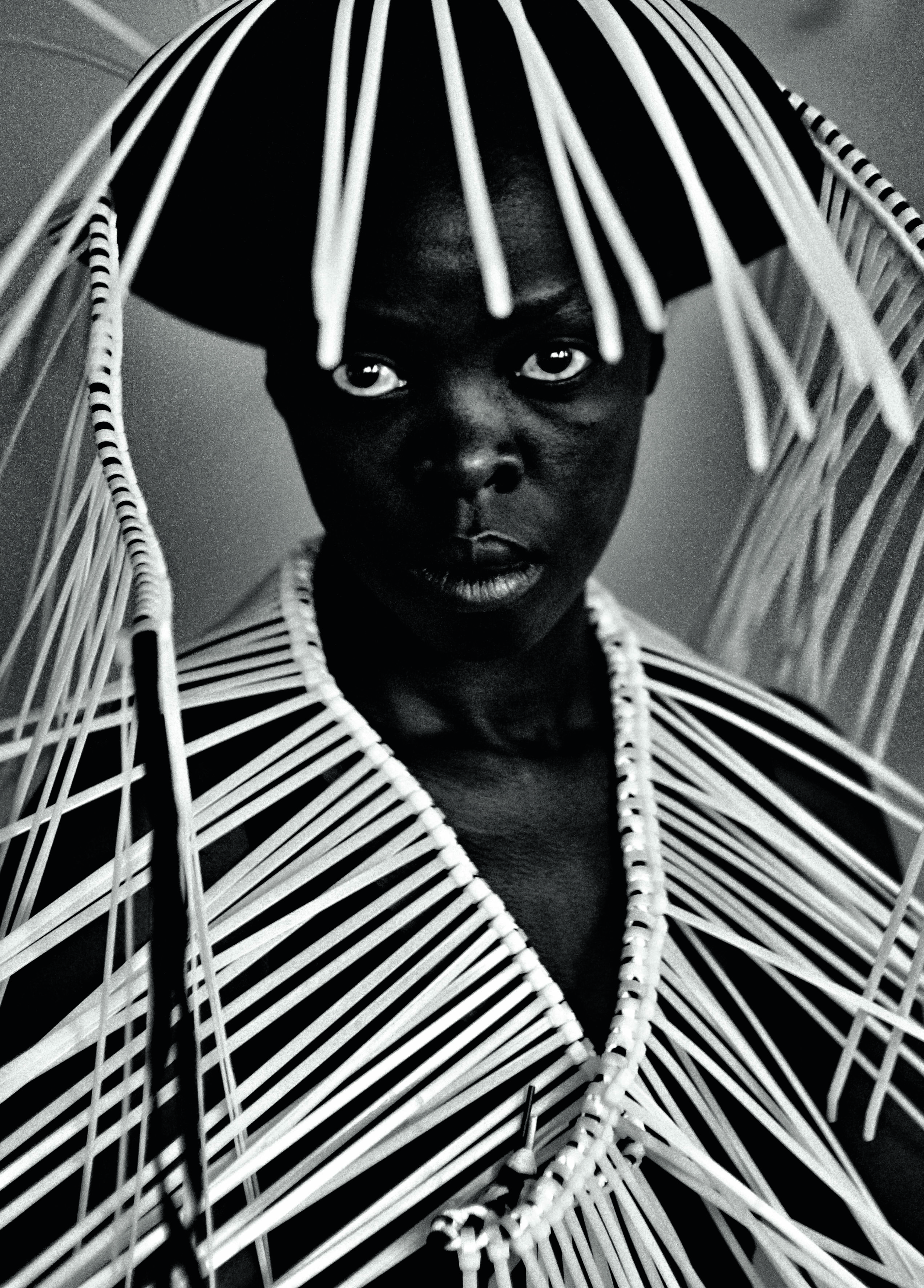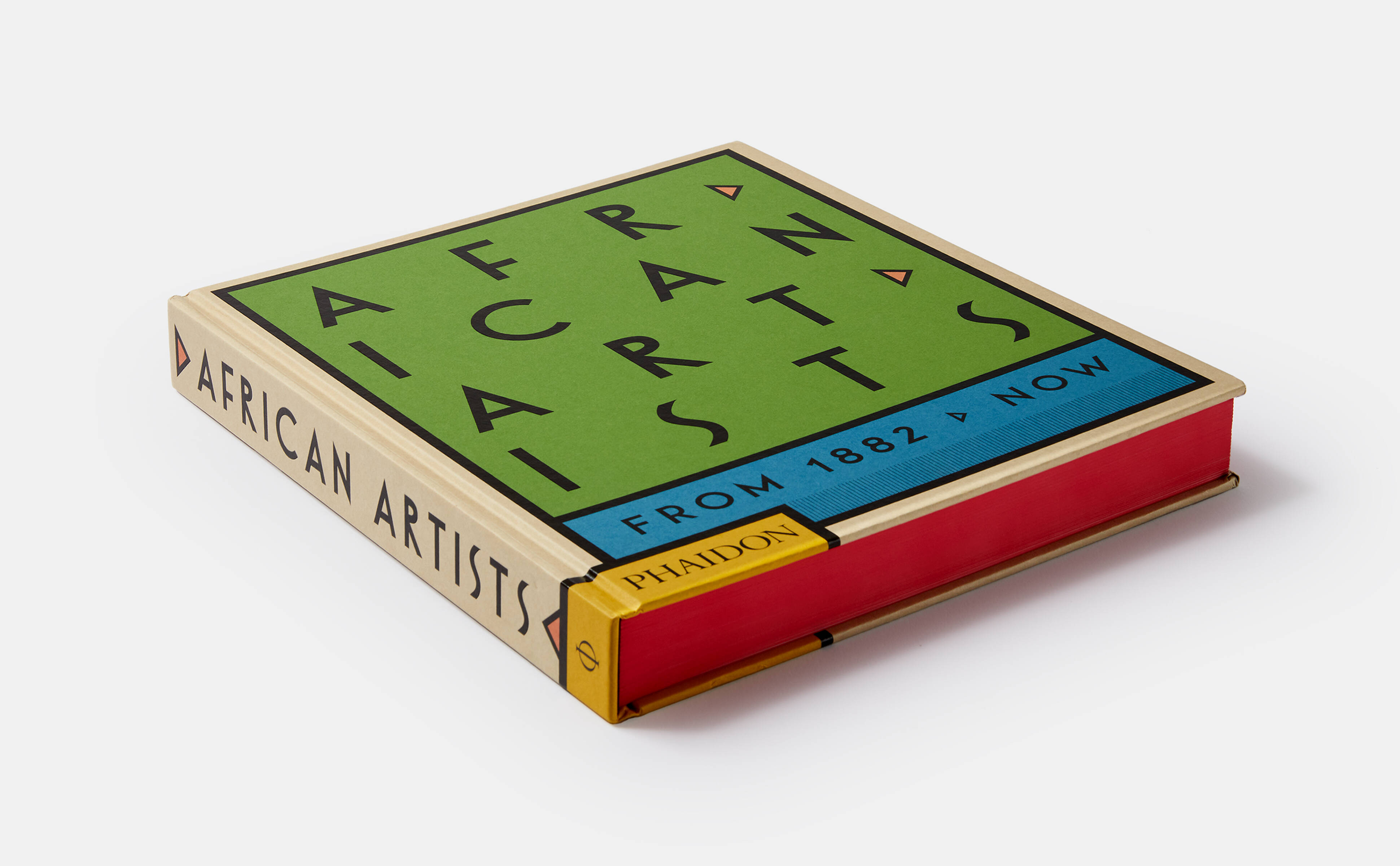
The 'Lioness' artist fighting LGBTQIA+ hate crimes
Our African Artists book highlights Zanele Muholi's visual activism in South Africa
For many in the LGBT+ community fortunate enough to live in big, relatively liberal cities, such as London, Paris or New York, Pride Month is a time for celebration. Yet, June is also a good time to remember the times and places where it really is a lot harder to celebrate one's sexuality.
The artist Zanele Muholi’s work is a beautiful, powerful reminder of this. “A self-described ‘visual activist’, Muholi uses photography in order to bring visibility to Black, LGBTQIA+ communities in South Africa,” explains the text in our book, African Artists.
“Their ongoing series titled ‘Faces and Phases’, begun in 2006, comprises hundreds of powerful and intimate black-and-white portraits of queer people,” it continues. “Muholi has described it as a corrective to the ways in which queer individuals are represented, and as a project to counter the horrific hate crimes that continue to plague the artist's home country – one which prides itself on the rights its constitution purportedly affords.
“In 2012, Muholi began another extensive, ongoing series, ‘Somnyama Ngonyama – Hail the Dark Lioness’, that features numerous self-portraits. Each image is dictated by a particular identity adopted by Muholi. These identities are characterised by a mode of dress which Muholi creates using various common objects loaded with associative meaning.

In Bhekezakhe, Parktown Muholi makes use of the conventions of ethnographic photography. In so doing, the image raises questions about ideas of authenticity and agency in regard to race and photography, subverting clichés of the ‘tribal’ African person. Muholi’s head dress is made of plastic zip-tie handcuffs, bringing to mind the criminalization and police brutality faced by black people globally.”
To read about more great contemporary African artists, or artists working in Africa, order a copy of African Artists here.